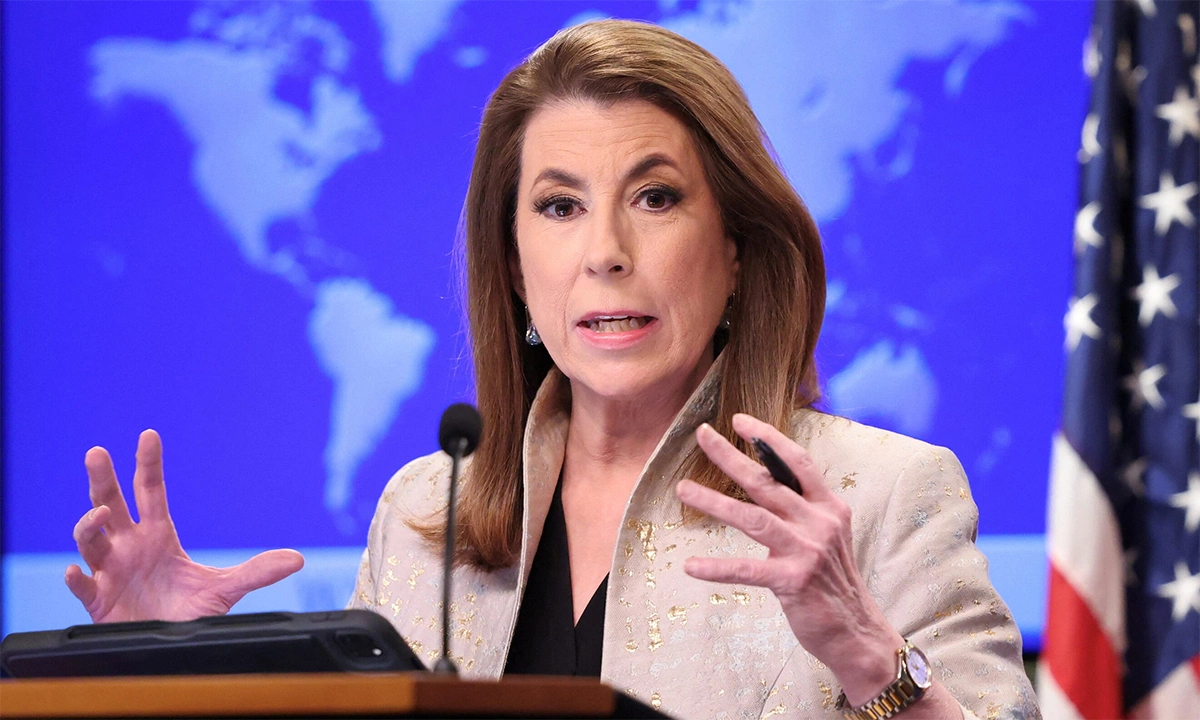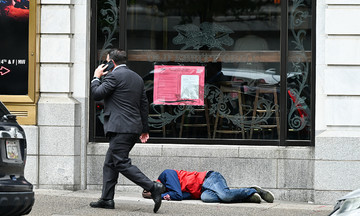US State Department spokesperson Tammy Bruce explained Washington's decision, saying, "UNESCO pursues divisive cultural and social goals, while overly focusing on the UN Sustainable Development Goals, an international development program heavily steeped in globalization that conflicts with our 'America First' foreign policy".
White House Deputy Press Secretary Anna Kelly previously told the New York Post that the decision stemmed from UNESCO's support for "overly progressive and divisive cultural and social goals, completely contrary to the policies Americans voted for in 11/2024".
 |
US State Department spokesperson Tammy Bruce during a press conference on 6/3. Photo: Reuters |
US State Department spokesperson Tammy Bruce during a press conference on 6/3. Photo: Reuters
Due to UNESCO's charter, the withdrawal will take effect at the end of 12/2026. When a member state decides to withdraw, the decision becomes effective at the end of the following financial year after the official announcement.
This withdrawal is a significant blow to the Paris-based UNESCO, established after World War II to promote peace through international cooperation in education, science, and culture.
UNESCO Director-General Audrey Azoulay stated that the announcement from the US was not surprising. "I deeply regret President Donald Trump's decision to once again withdraw the US from UNESCO. While regrettable, this announcement was anticipated, and UNESCO has prepared for it," she said.
President Trump previously withdrew the US from UNESCO during his first term, along with withdrawing from the World Health Organization (WHO), the UN Human Rights Council, the global climate accord, and the 2015 Iran nuclear deal.
President Joe Biden reversed those decisions after taking office in 2021, returning the US to UNESCO, the WHO, and the Paris Agreement.
UNESCO is best known for its designation of World Heritage sites. The US first joined UNESCO in 1945 when the organization was newly formed but withdrew in 1984, alleging mismanagement and an anti-US bias. Nearly 20 years later, in 2003, under President George W. Bush, the US rejoined. Bush explained his decision at the time by stating that UNESCO had implemented necessary reforms.
Washington currently contributes about 8% of UNESCO's total budget, down from about 20% when Trump first pulled the US out of the agency.
Vu Hoang (According to AFP)












